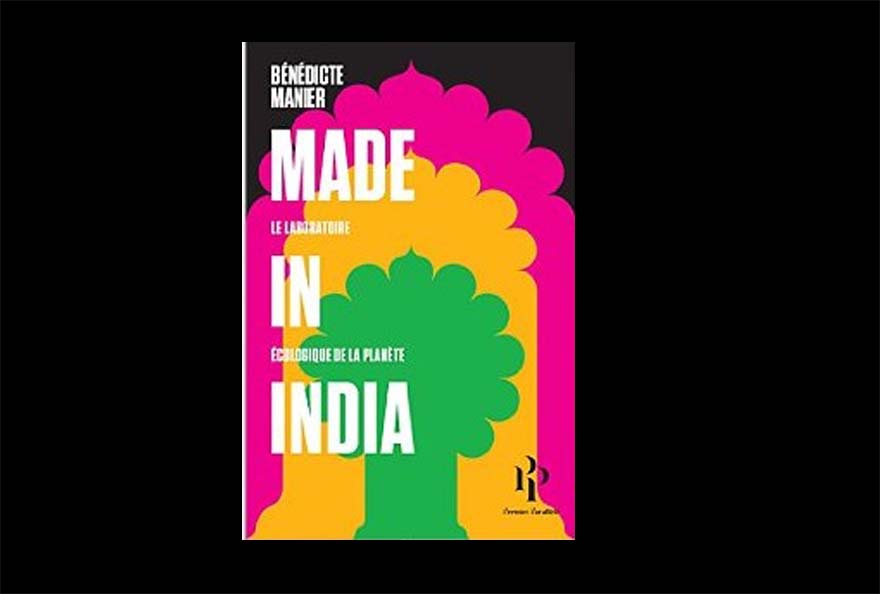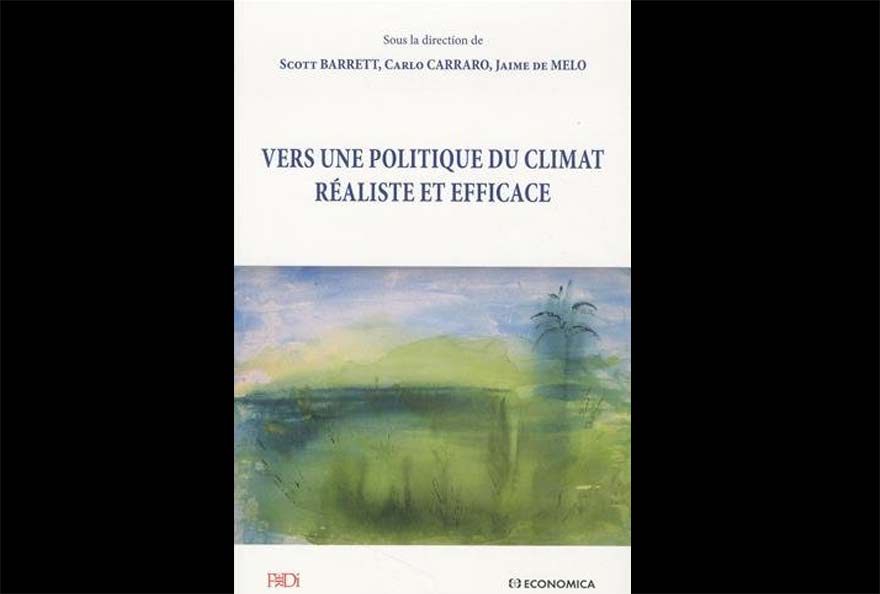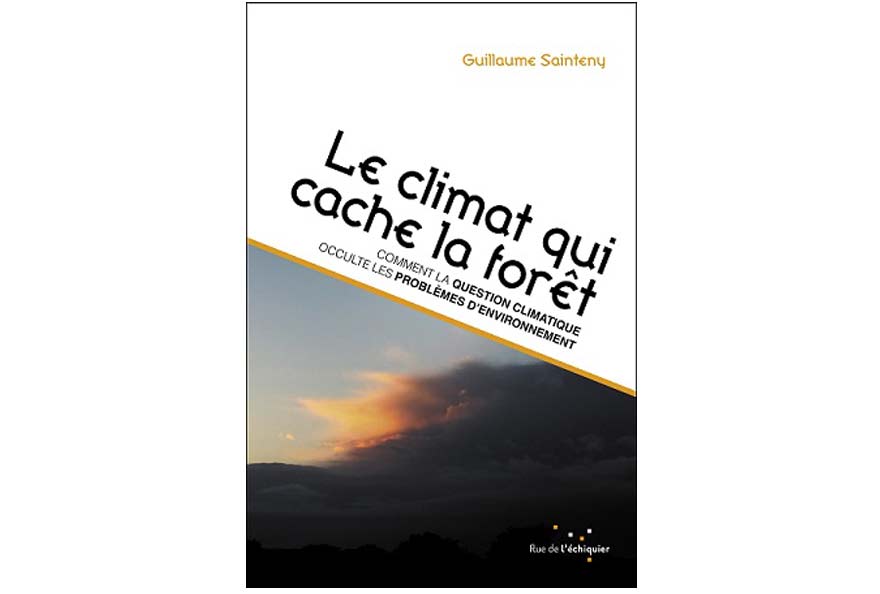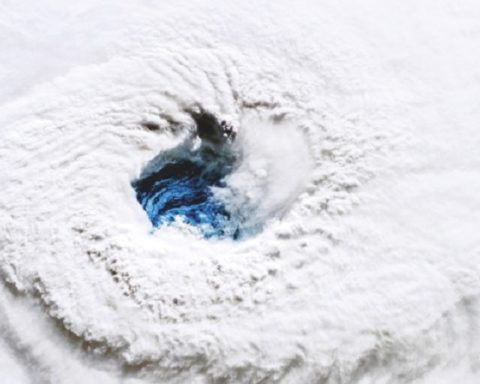Made in India, The Ecological Laboratory of the Planet by Bénédicte Manier - First Parallel Edition, October 2015
"For better or worse, India embodies what the planet will be tomorrow. Let's go visit the best. »
Fn the face of ecological catastrophe, we are often fatalistic. Yet, somewhere far from here, another future is being invented. In 15 years, India will be the most populous country in the world ahead of China. By 2040, India will become the largest contributor to the global increase in energy demand. While it is one of the biggest polluters on the planet, India is also a particularly innovative ecological laboratory because, at the same time, Indian citizens are mobilizing and becoming more independent through new solutions (collective reforestation, zero-waste zones, solar-lit villages, etc.).
There, an ingenious and lucid civil society brings new solutions every day to one of the most polluted countries in the world. Citizen reforestation, plastic-free zones, solar-lit villages, low-tech innovations, health care networks for the most destitute, deserts converted into oases... Ecological and social initiatives of an often disconcerting simplicity, already shared with other countries and transposable to the whole world.
Bénédicte Manier takes us to meet these artisans of tomorrow. They are turning India into a life-size ecological laboratory where, against a backdrop of accelerated industrialization, a planetary challenge is taking shape: finding a resilient mode of development. This book opens our eyes to those who, without expecting anything from major environmental conferences, are quietly shaping our future.
Bénédicte is a journalist. She is also the author of the best-selling book "A Million Quiet Revolutions" (LLL), which won the Environment Book Award in 2013, and "The New India is taking root" (LLL 2014). She has been travelling around India for more than twenty years, which allows her to understand, and explain to us, the way the country works.
"India is in a double evolution. The country is heading towards ever more industrialization and burning more and more fossil fuels. At the same time, it has the ambition to produce 40% of its electricity with renewable energies in 2030", she explains.
"India is a concentrate of all global developments: accelerated industrial development and record levels of pollution, but also a unique density of civil society initiatives, one of the most active in the world in this great democracy, 3.1 million NGOs, a world record." (
(Source: Elsa Levy of the Agence Créative CulturElle, Nov. 24, 2015)
Bénédicte Manier wished "It's a story of the constant telescoping of two opposing world views within a single country. That it was necessary to talk about these rivers wiped out by pollution, but also about these rivers of pure water that, elsewhere, flow back into the fields. To say, too, that when thousands of trees are cut down to cut down a highway, people replant hectares of forest further away. And that despite the rush to use fossil fuels, more and more villages are lit by solar energy.
Inviting this India on the move also invites us to dismantle the preconceived ideas that often confine it to poverty. To describe, rather, the energy of a society in the process of inventing the future..."
"As climate change gets out of control, the solutions we are looking for already exist at the local level. Reforestation, sustainable agriculture, water self-sufficiency, solar energy, waste reduction: far from being unconnected, these success stories are all contributing to a different future. she concludes in her book.
As Benjamin Joyeux rightly says in Mediapart, "The example of this Indian organization and its achievements is a great hope and a step to be followed and supported by all the supporters of a popular ecology on a global scale, which starts from the most precarious and marginalized to radically question our current economic model and promote another development, favourable to all. »
At a time when Prime Minister Narendra Modi is promoting the idea of financial climate compensation to Western countries, solutions to the climate crisis may well be right in front of his eyes.
Bénédicte Manier, journalist, great reporter and passionate about India, author of "Made in India. The ecological laboratory of the planet. »













